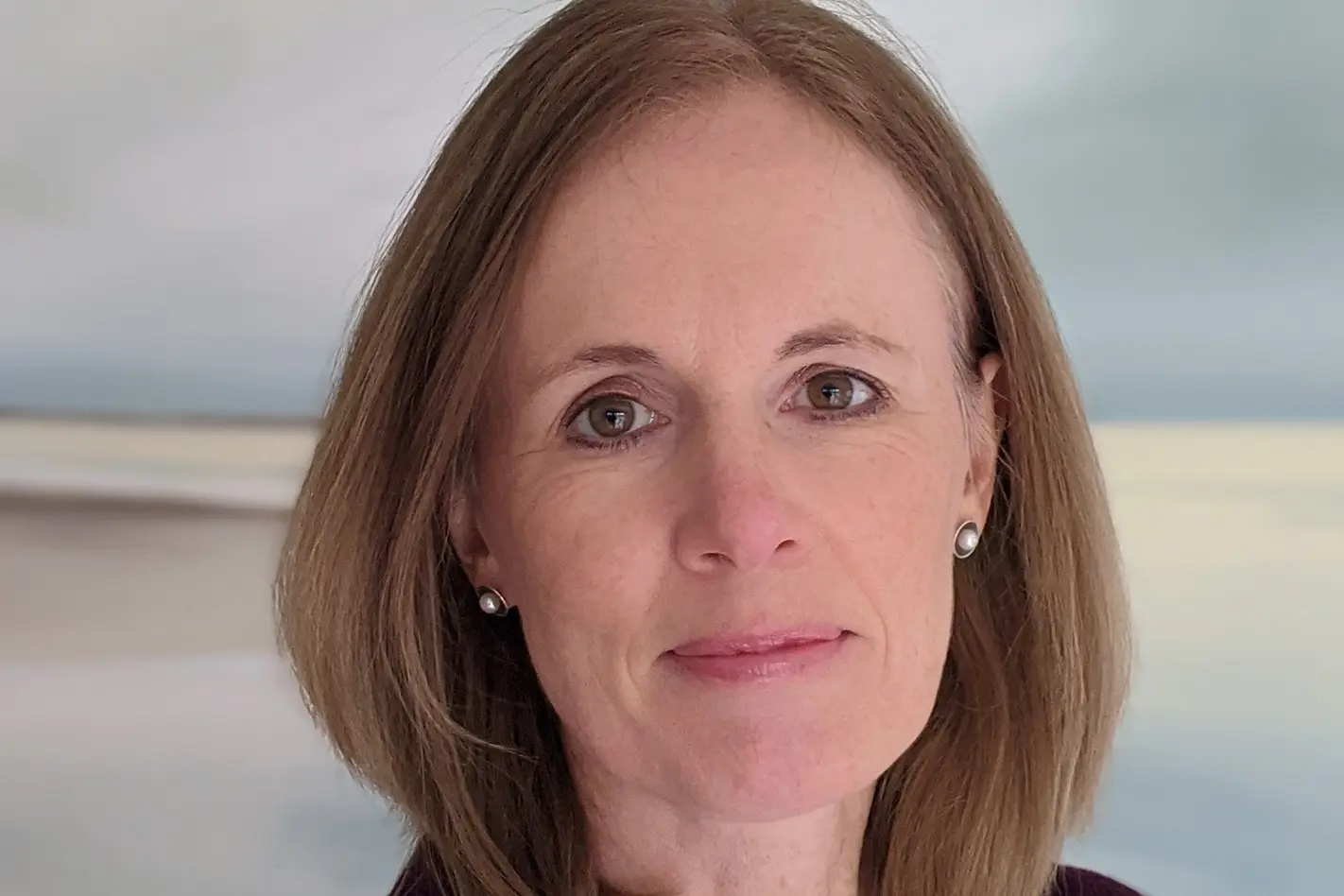18th January 2021

A Voices blog by Hilda Beauchamp, Specialist Health Visitor for Perinatal and Infant Mental Health, Cambridgeshire Community Services NHS Trust, on the social impact of coronavirus on children.

Hilda Beauchamp, Specialist Health Visitor for Perinatal and Infant Mental Health, Cambridgeshire Community Services NHS Trust
‘How is the impact of coronavirus going to affect my child socially?’ ‘is a question that parents are asking our health visiting team. As families adjust to tighter restrictions yet again, they are worried. Parents are telling us they feel anxious that their child won’t know how to interact with people because of social distancing. They’re worried that their babies might think wearing masks is normal and won’t learn to read facial expressions properly. Some are thinking their child might lose skills they’ve already learned because they’re no longer mixing with their peers on playdates or in nursery.
Of course, we know that developing good social skills is really important for children. Learning to make friends, to share, to manage ‘big feelings’ like anger or frustration and to show kindness to others are key milestones for children. It helps build their language and communication; means they are more likely to do better at school and experience more positive mental health when they are older.
We also know that this pandemic isn’t affecting all families in the same way. Some parents have said they’ve enjoyed a slower pace of life with more time to get to know their newborn babies. Some children’s speech has really come on, especially if they’ve had older siblings also at home. Many others, however, have talked about feeling isolated, not knowing what to expect of their babies or young children and feeling guilty about not spending enough quality time with them. Many feel that their mental health is getting worse. Worrying about the virus, on top of existing problems like unemployment, poor housing conditions or domestic violence in the home, can feel overwhelming. We understand that it’s really tough for parents just now.
There’s still a lot we don’t know about the long-term effects of this pandemic on children’s development but, as health visitors, we want to focus on what we do know. If very young children have a parent or carer who’s tuned-in to their needs and can respond to them sensitively and in an appropriate and timely way, then they have every chance of developing well. That’s really our key message. Current restrictions mean young children are not having the full range of social experiences but a healthy relationship with a parent will act as a template for future positive relationships. Most children are going to come through this ok.
We want to encourage parents to think about the things they can be doing, rather than all the things they can’t, so they can lay the important building blocks for their children’s development. Some parents are really surprised when we point out that their newborn baby has social skills – that they already prefer to look at a human face and that they can copy, for example sticking their tongue out, if a parent has done the same. We’re often reassuring parents when their babies start being more clingy around 9 months, that it’s part of normal development and shows they’re probably developing a secure attachment to them. They’re delighted to learn that when their 1-year old starts pointing at things they’re practising a social skill called ‘joint attention’: the baby is inviting their parent to share in their enjoyment of the world around them.
We’re keen to help families understand the different stages of babies’ development and give ideas of how best to support them. Things like holding their baby and talking gently to them, giving them time to respond back; this early turn-taking is a form of social skill. Babies enjoy playing peekaboo – this will teach them that even if someone ‘disappears’, they come back. They love to look at books or join in with singing and nursery rhymes; these are really good ways to start building communication skills. Games like rolling a ball back and forth, blowing bubbles or building a brick tower together are all great opportunities for children to learn about waiting, taking turns and problem solving. Being involved in everyday jobs like sorting out the laundry gives toddlers a chance to learn about helping. Regular daily routines will also support good social development for young children. Keeping to the same meal-times and bed-times and getting out each day for a walk will help a child feel that their world is predictable and safe. The Institute of Health Visiting has lots of additional top tips, links, and ideas for parenting during Covid on their website.
And, importantly, if parents are struggling because of their mental health, or if they think they’re experiencing domestic abuse, we want them to know help is available. We would encourage them to speak to their health visitor or GP, a family member or friend. We know that getting the right support in place will make a real difference for them and their children.
National Domestic Abuse Helpline – Freephone 24-Hour: 0808 2000 247 or visit www.nationaldahelpline.org.uk
Hilda Beauchamp, Specialist Health Visitor for Perinatal and Infant Mental Health, Cambridgeshire Community Services NHS Trust
Please contact Hilda’s communications team for consent/share copy prior to any publication:
- Cambridgeshire Community Services NHS Trust Communications Department [email protected]
- Karen Mason, Head of Communications [email protected], mobile 07754 885331


